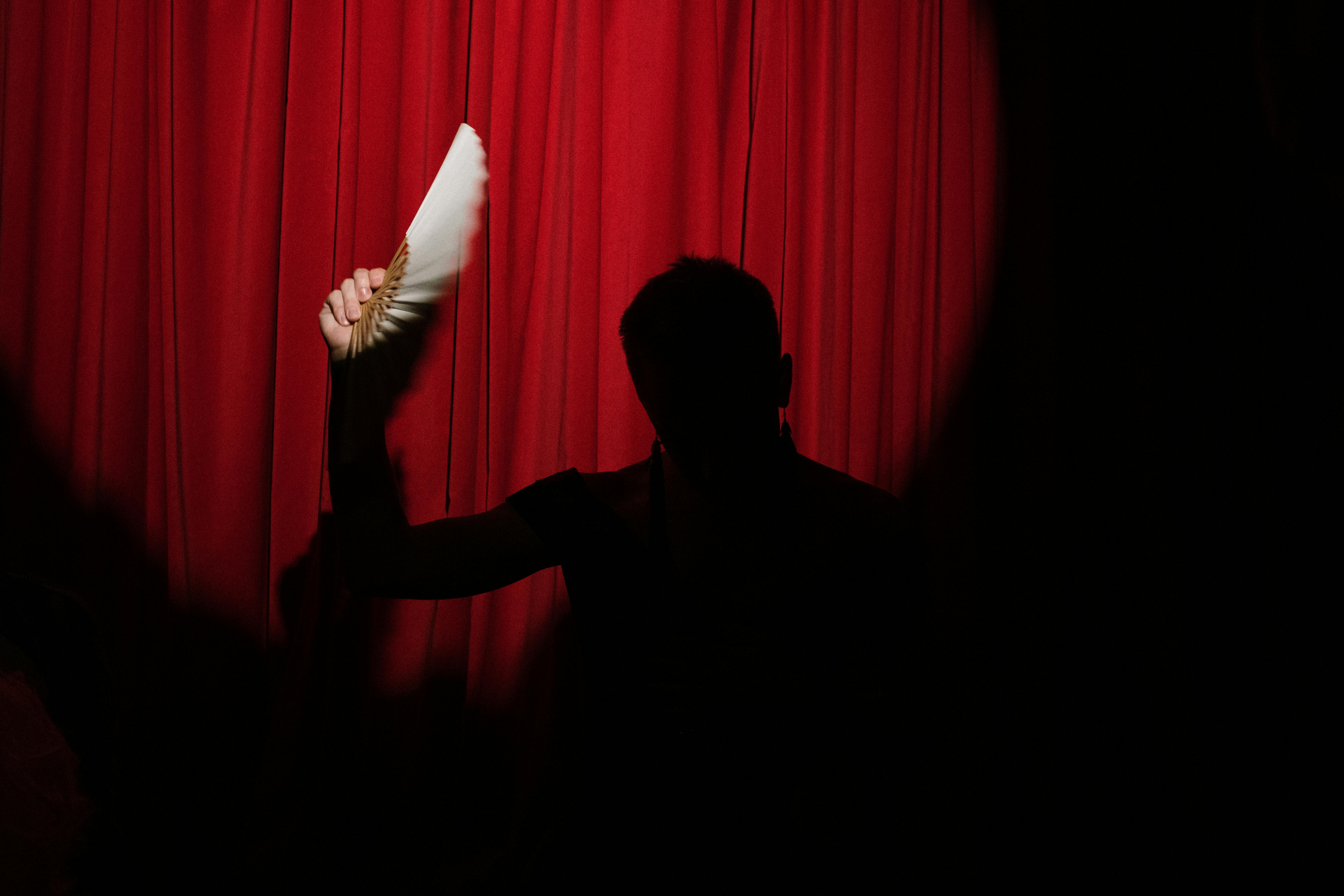This is not a sentimental world. Crime happens on a daily basis, or rather, second by second. Some of these crimes are committed by people with no conscience or ability to understand (or care) about the consequences of their actions. Others, however (and some of the most horrifying), feature loving fathers, family men, church members, and minor league coaches. In Dr. Joe Ferry’s novel entitled Connected: Mob Stories from My Past we are shown a strange, and at the same time surprisingly comic, subculture of American society: it is the world of ‘the mafia’, a secret network of bosses, hit men and godfathers with one foot in the old world and the other hand in hand, well, almost every aspect of American life.
The narrator begins his story by telling us a bit about his hero: his hard-working father who taught him to be a man in the world. Then, juxtaposed with some thoughtful thoughts on his early family life, we’re told that his father was a mob Don who killed anyone he came across. For a normal boy, the seeming contradiction between a life of crime and a comfortable middle-class existence would perhaps be enough to boggle the mind; or stunt the moral and spiritual growth of a young person. Fortunately, our narrator was never “a normal kid,” but rather a highly intelligent individual with the ability to integrate his experiences as a mobster son of Don into his life as a student, athlete, musician, record producer, college professor, and loving husband.
In Ferry’s portrayal of an artist as a young mobster, we are given a glimpse of the interworking of an organization “connected” with the great New York mob. Even more significant, we are taken on a journey into the psychologically complex personality of the narrator himself. Our ability to come to terms with the underworld he grew up in relies on understanding the internal dialogue, and demons, that make up our narrator’s conscience.
“My mom always said I was Trouble, pretty much since I was born. The nickname she took. So that’s what you can call me. For as long as I can remember, the two things I enjoyed doing the most were walking and stealing.” This simple statement in which our narrator introduces himself to the reader goes a long way towards summarizing his personality. On the one hand, Trouble was a product of his environment; the son of one of New York’s most ruthless mobsters (and a man with a mean streak). At the same time, however, from an early age, Trouble exhibited a sensitive and contemplative side. And as a young “mobster in training,” learning the ins and outs of mob life from the best in the business, he too developed an interest and real talent for music. So when one saw Trouble Ventura walking the streets of New York City, it was hard to tell if he was taking a walk to “clear his mind”, or heading to his next “music concert”, or at his way to ‘shake a guy down.’
One day, Trouble’s father gave his son this sage advice: “We suit our vocations, boy. Don’t make excuses. We are complex creatures. We are shadows of light. Good and bad.” These words put an end to the apparent contradiction between “the world of organized crime” and a life committed to art, family and community. Because, as the narrator’s father rightly points out, this world, and human nature, is too complex and varied to reduce (experiences or people) into simplistic categories: like ‘good’ and ‘bad’.
Ostensibly a novel chronicling Trouble’s formative years as a young mobster, the narrative is peppered with pearls of wisdom and comedic anecdotes drawn from everyday life. For example, in a chapter titled “Girls Who Vomited on Me”, the narrator confesses that a surprising number of his most romantic relationships (and moments) have been ruined by spontaneous episodes of vomiting: while beautiful women threw their ‘lunch’ about him (and his hopes of ‘getting lucky’). In another chapter we meet an eccentric old lady named Minnie Chestnut; she who presents the author with authentic photographs and historical artifacts that prove she met Abraham Lincoln, dined with President John F. Kennedy, and spent intimate moments with Amelia Earhart and the great jazz legend Charlie Parker. Then, in another chapter, we are introduced to a history teacher who owns, ‘believe it or not’, the first LP in the history of the human race: an ancient clay pot (with a recording embedded in its decorative grooves). from the 18th century; over which our narrator and several music teachers listen to the voice and piano of a certain Wolfgang Amadeus Mozart.
The brilliance and beauty of these vignettes bring out the novel’s true strength: since the stories Ferry tells are sometimes so outlandish and yet written with the precision (or attention to detail) of a expert biographer, the reader simply does not notice. I don’t know what part of the novel is fantasy and what part is historical fact. As well as learning a great deal about the business from his father, his time associating with colorful storytellers, ie mobsters, also taught our author how to weave a ‘good story’. From the prologue to the final chapter, Connected: Mob Stories from My Past entertains and educates; simultaneously evoking horror and laughter in the reader. I highly recommend this book to anyone who appreciates (and perhaps can digest) the slapstick memoir of an accomplished musician and mobster.
